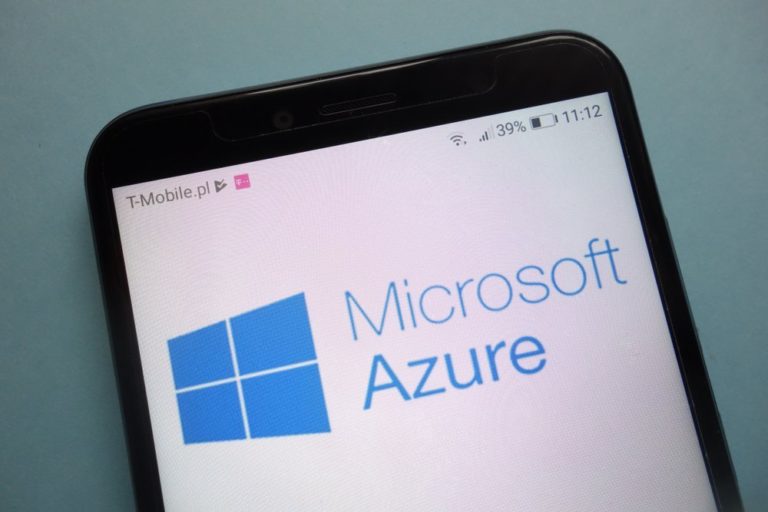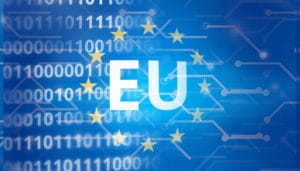Top people from Amazon Web Services (AWS) and Google Cloud have criticized Microsoft for changing its cloud licenses. Users who want to run the company’s software on Amazon, Google or Alibaba cloud environments will soon have to pay extra.
The changes take effect on 1 October, Microsoft reported on its website at the beginning of August. The reason given by the company is that the rise of dedicated hosted cloud services has blurred the line between traditional outsourcing and cloud services.
This has led to the use of on premise licenses of cloud services, according to the company. Microsoft now says it wants to clarify the differences between on-premises/traditional outsourcing and cloud services, and to create more consistent licensing conditions for the services.
As a result, on premise licenses purchased without Software Assurance and mobility rights cannot be used within dedicated hosted cloud services from Alibaba, Amazon, Google and Microsoft itself.
Criticism
This decision has therefore led to criticism from the competition. Some companies claim that Microsoft is trying to connect customers with a complex pricing structure to a single provider, writes Cloud Pro.
Vice President Sandy Carter of AWS, for example, states that Microsoft is trying to force customers towards Azure with the licensing model. It does this by terminating the Bring Your Own License (BYOL) for Windows Server if it is purchased after 1 October 2019. According to Carter, this limits customers’ ability to take their own licenses with them to the cloud of their choice.
SQL Server
In addition, Carter states that Microsoft is trying to limit the freedom of choice around SQL Server. If you run SQL Server on the AWS cloud with Dedicated Host without Software Assurance and want to upgrade to a newer version after October 1st, you will need to buy a new SQL Server license with Software Assurance.
It was previously possible to use the same license when moving a workload from an on premise environment to a single-tenant public cloud server.
Also Google Cloud leader Robert Enslin from criticism. Shelf-ware. Complex prices. And now vendor lock-in. Microsoft is taking its biggest hits from the 90s to the cloud.
This news article was automatically translated from Dutch to give Techzine.eu a head start. All news articles after September 1, 2019 are written in native English and NOT translated. All our background stories are written in native English as well. For more information read our launch article.


















